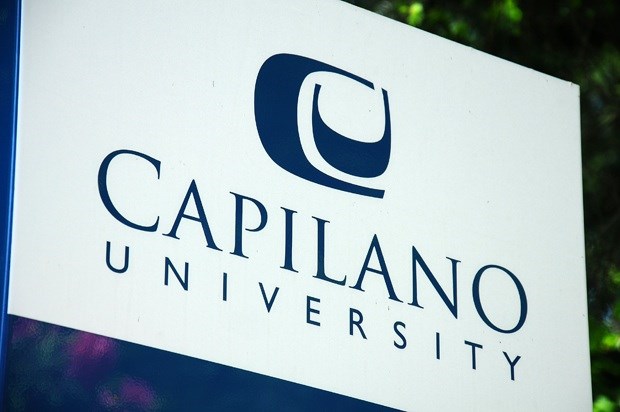Citing an impasse at the bargaining table, Capilano University faculty members have voted just over 80 per cent in favour of a strike.
Capilano Faculty Association members cast ballots Monday and Tuesday after 10 sessions of “dithering” at the bargaining table, according to Brent Calvert, Capilano Faculty Association president.
The university’s bargaining team has only tabled proposals that have been “very aggressive” clawbacks into the collective agreement that’s been built up over the years, Calvert said.
The teachers are seeking a pay increase in keeping with what other public sector unions have received in recent negotiations — around one per cent a year for five years, Calvert said.
But faculty members are also trying to fend off cuts to their benefits, including a pitch to only fund low-cost generic versions of drugs in the pharmacare plan.
The school has been proposing more levels of assessment for teachers, which Calvert characterized as micromanaging that would take time away from classroom and campus activities.
“You can spend all your time reporting or you can spend your time doing,” he said.
The faculty association is also trying to strengthen the rights of its “non-regular” employees — part-time or contract professors who may only teach one or two courses and must work elsewhere to make ends meet, Calvert said.
“This is something the public can relate to on quite a broad scale. We’re shining a light in academics on it but the move to contingent or contract labour is just rampant in North America,” he said.
About 40 per cent of Capilano University’s teachers fall into that category.
Though they now have the ability to start job action after giving 72 hours’ notice, Calvert said the union’s goal is to reach an agreement through mediation. The two sides have mediation sessions scheduled over the next two weeks.
The strike vote was premature, as the bargaining process had only just started, according to Parveen Mann, Capilano’s human resources director. Mann declined to say what proposals the administration had put on the table, but she stressed the university will not be considering any proposals that ask for more than what other public sector unions are getting.
“If there are any increased costs, then those have to be funded through corresponding cost reductions in other provisions of the collective agreement,” she said.
Still, Mann said she is hopeful the two sides can arrive at a deal through mediation
“Our focus is on the students and we have limited resources here and we have a responsibility to the institution and the students, their families and community as well as the public. This is a partially publicly funded institution,” she said.



